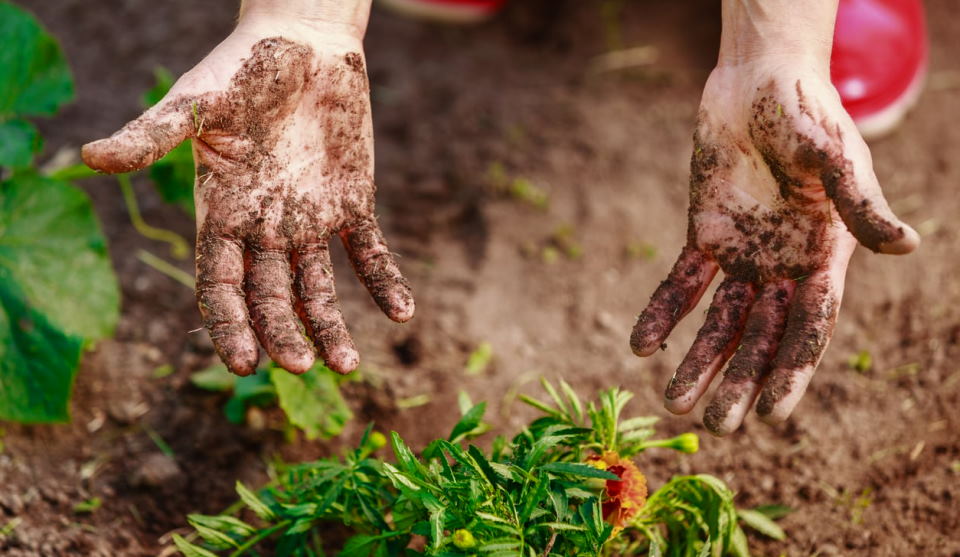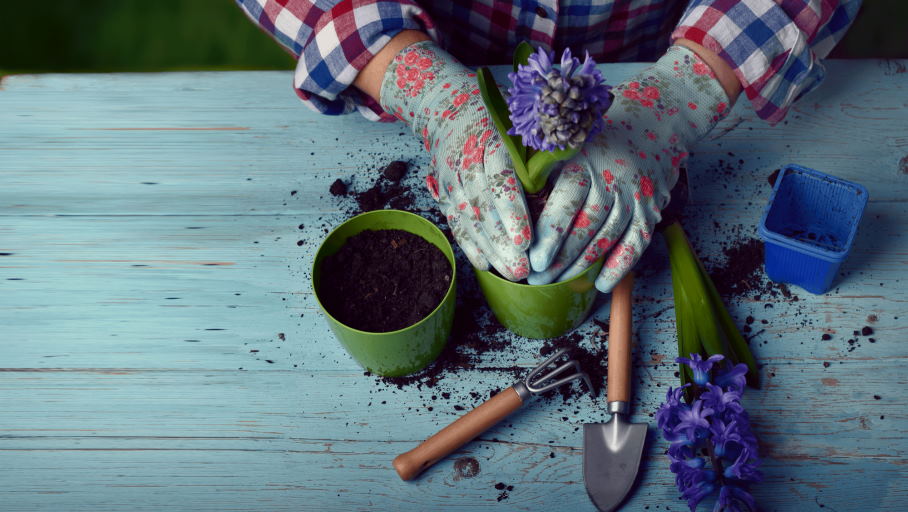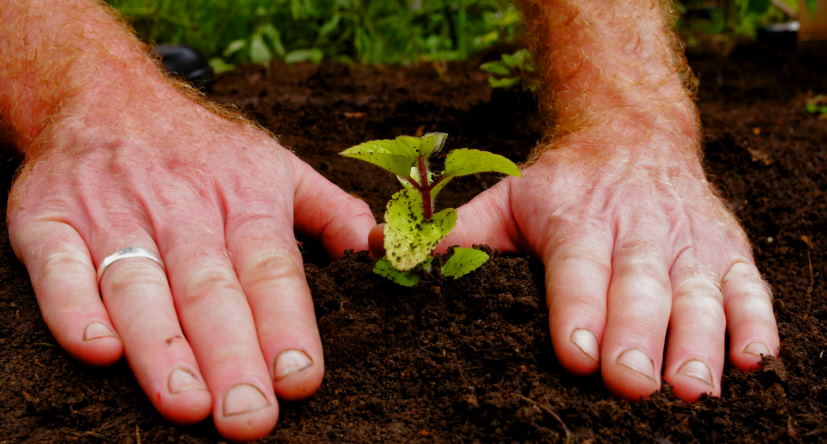
No matter what your gardening activity of choice is, all gardeners should follow some basic hand care tips. From preventing blisters to avoiding infection, proper hand care is essential for keeping you safe and healthy while enjoying your time in the garden. Keep reading for more information on how to protect your hands while gardening.
How can I protect my hands when gardening?
Gardening is a great way to get outside and enjoy the fresh air. But it can also be tough on your hands. If you don’t take care of them, you can have dry, cracked skin. Here are some tips to help you keep your hands healthy while you’re gardening:

- Wear gloves. This will help protect your skin from the sun and dirt and debris.
- Moisturize regularly. After you’ve washed your hands, apply a thick moisturizer to help keep them hydrated.
- Take breaks. If your hands start to feel sore or tired, take a break from gardening and give them a rest.
- Wash your hands thoroughly after gardening, using warm water and soap. This will help remove any dirt, debris, or chemicals on your skin.
- Apply hand cream or lotion to your hands after washing them. This will help keep your skin from drying out and cracking.
- If you have cuts or scrapes on your hands, clean them well and apply a bandage. Dirt and bacteria can easily enter these open wounds and cause an infection.
By following these tips, you can enjoy gardening without damaging your hands. So get out there and get growing!

Reasons you should wear gardening gloves
There are many reasons why you should wear gloves when gardening. Gloves protect your hands from dirt, bacteria, and other potential hazards. They also keep your hands clean and can help you avoid getting cuts or scrapes.
In addition, gloves can help you grip tools more securely and prevent them from slipping out of your hand. They also provide a bit of insulation against the cold weather.
So next time you head out to the garden, make sure you put on a pair of gloves! Your hands will thank you for it.
Wearing gloves also helps to avoid contact with poisonous plants such as poison ivy or nettles which can cause an allergic reaction. And if you’re working with thorny plants, gloves will obviously help to protect your hands from scratches.
So there you have it, a few good reasons to wear gloves when gardening. Do you have any other reasons to add to the list? Let us know in the comments below!
